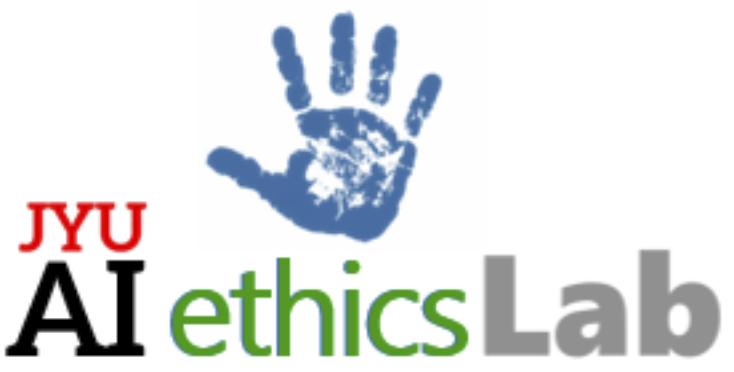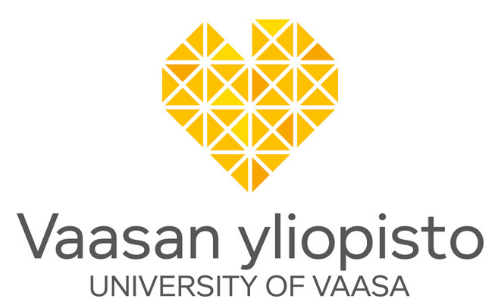
Date & Time
Wednesday 25 May, 14:00-15:00 (Finnish time – EEST)
Location
Hybrid & multi-site – VME Interaction Design Environment (University of Vaasa)
Arrangements will be made at the participating sites to host local groups. Participants can additionally be fully online, but it is recommended that key panelists would be present on site in their local area.
Background
AI Ethics has been around in various forms for several decades now. Yet, ideas behind its emergence can be said to stem throughout human intellectual history. In the dawn of intelligent digital transformation, the urgency of being about to find practical solutions for philosophical and experiential problems is apparent.
Numerous AI Ethics guidelines, principles and criteria have been established, yet there are challenges in converting these to operational solutions.
Questions we will cover during this discussion are:
❇️Are practical, step-by-step approaches and translations apt for the development of ‘ethical AI systems’?
❇️Could human-experiential perspectives help us get to the root of concerns about AI Ethics?
Aim
The purpose is of this discussion is to challenge prevailing discourse and strategies in AI Ethics focusing on design- and development-related issues and properties, while perhaps missing some of the key concerns arising within the domain of human-lived experience, particularly from the social perspective.
Here, we take the opportunity to discuss what loneliness means in the age of AI.
Expectations
Lively discussion based on researchers, research group, practitioner and citizen experiences. Differing opinions and examples are warmly welcome.
Panelists
Aku Visala
 Aku Visala is a Postdoctoral Researcher at the University of Helsinki, Finland.
Aku Visala is a Postdoctoral Researcher at the University of Helsinki, Finland.
He has held postdoctoral positions in Oxford, Princeton and Notre Dame universities. He is the author of a number of books, including:
- Theism, Naturalism and the Cognitive Study of Religion: Religion Explained? (Ashgate)
- Conversations on Human Nature (Routledge)
- A Philosophy of Free Will (Helsinki University Press).
In addition to composing electronic music and watching bad movies, his interests include analytic theology, cognitive science, theological anthropology and free will.
Jaana Hallamaa
 Jaana Hallamaa is Professor of Social Ethics at University of Helsinki and Chair of the National Advisory Board on Social Welfare and Health Care Ethics (ETENE).
Jaana Hallamaa is Professor of Social Ethics at University of Helsinki and Chair of the National Advisory Board on Social Welfare and Health Care Ethics (ETENE).
In her research, she has dealt with ideological roots of racism, moral personhood, bioethics, European social ethical traditions, social action, and AI ethics.
Paul Haimes
 Paul Haimes is currently an Associate Professor of Design at Ritsumeikan University in Kyoto, Japan.
Paul Haimes is currently an Associate Professor of Design at Ritsumeikan University in Kyoto, Japan.
His interests include design, music, technology, photography and aesthetics.
Thomas Olsson
 Thomas Olsson is Professor in Human-Centered Design at the University of Tampere.
Thomas Olsson is Professor in Human-Centered Design at the University of Tampere.
Thomas is currently working on socio-technical systems, computer-supported cooperative work, and critical design of AI-based applications.
Ville Vakkuri
 Ville Vakkuri holds a MSc in Theology with a Social Ethics major from the University of Helsinki.
Ville Vakkuri holds a MSc in Theology with a Social Ethics major from the University of Helsinki.
For the past five years in University of Jyväskylä, he has been focusing on software developer focus AI ethics to make the ethical principles and guidelines actionable.



